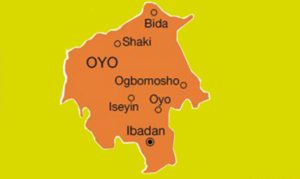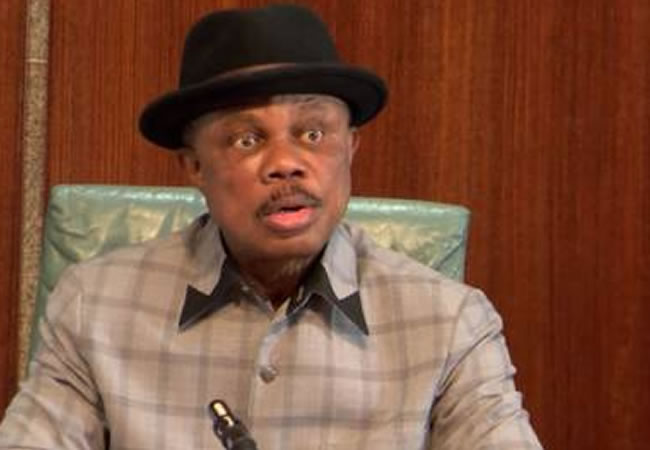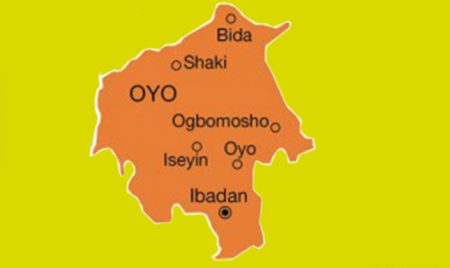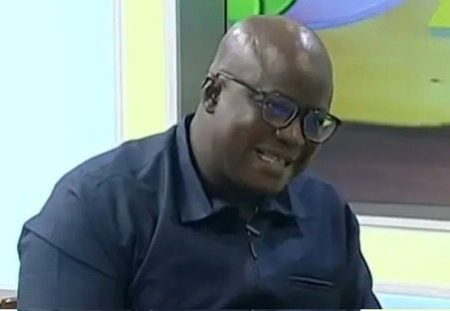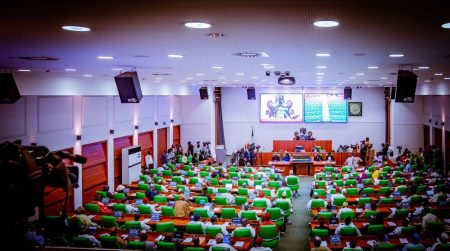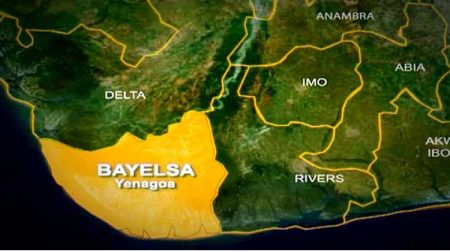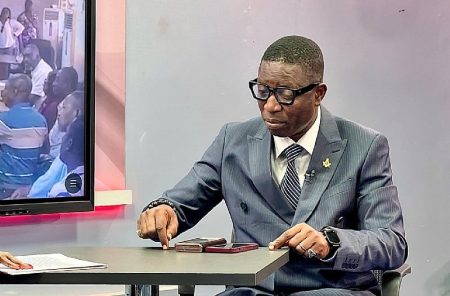Former Anambra State Governor, Willie Obiano, has categorically denied endorsing any candidate for the upcoming Anambra governorship election, refuting a viral social media post that claimed otherwise. The denial was issued through a statement released by Dr. Paul Nwosu, who served as Commissioner for Information during Obiano’s tenure. Nwosu labeled the circulating post as “fake news,” emphasizing that the former governor had not addressed any group in Texas, as falsely claimed in the post. The fabricated statement purportedly depicted Obiano urging the Anambra diaspora in Texas to support a specific aspirant, touting their potential for excellent governance. Obiano’s spokesperson unequivocally stated that the former governor had neither addressed any gathering in Texas, nor granted any interviews or issued any statements, public or private, concerning the election or any of the contenders.
The fraudulent post attempted to leverage Obiano’s influence and reputation to sway public opinion in favor of a particular candidate. This tactic, unfortunately common in the political landscape, exploits the trust and respect that constituents hold for prominent figures. By falsely attributing endorsements, these fabricated narratives aim to manipulate voter perceptions and create a false sense of momentum for a chosen candidate. Obiano’s swift and unambiguous denial serves as a crucial countermeasure, protecting his own integrity and preventing the spread of misinformation that could unfairly impact the electoral process. The incident underscores the need for vigilance against fabricated information, particularly in the digital age where such content can rapidly proliferate and potentially influence crucial democratic processes.
Obiano’s statement, delivered through his spokesperson, reinforced his commitment to the well-being and democratic principles of Anambra State. He emphasized his continued dedication to the state’s peace and progress, assuring the public that any future pronouncements on the election would come directly from him, clearly and unambiguously. This commitment to transparency is paramount in ensuring a fair and credible election. By preemptively dismissing any potential future misrepresentations, Obiano aims to maintain his credibility and prevent the manipulation of his stance for political gain. This proactive approach also empowers voters to discern genuine communication from fabricated endorsements, fostering an environment of informed decision-making.
The denial, while addressing the immediate concern of the false endorsement, also reiterated Obiano’s status as a statesman and his continued engagement with the political landscape. He underscored that he is not apolitical, implying his intention to participate in the political discourse at the appropriate time. This clarification suggests that while he is not currently endorsing any candidate, he reserves the right to express his views and preferences when he deems it necessary. This strategic ambiguity allows him to maintain a degree of influence and relevance without prematurely committing to a specific candidate, potentially allowing him to observe the evolving political dynamics and choose the most opportune moment to make his position known.
The incident surrounding the fake endorsement serves as a reminder of the challenges posed by misinformation in the contemporary political sphere. The ease with which fabricated content can be disseminated online necessitates heightened scrutiny and critical evaluation of information encountered, especially during election cycles. Voters must be equipped with the tools and awareness to distinguish between credible sources and manipulative tactics. Obiano’s proactive denial is a crucial step in combating the spread of false information and ensuring that the electoral process remains transparent and untainted by manipulation. His commitment to communicating directly with the public reinforces the importance of direct engagement between political figures and their constituencies, minimizing the potential for misrepresentation and fostering a more informed electorate.
Ultimately, Obiano’s clear and decisive response to the fabricated endorsement demonstrates his commitment to upholding democratic principles and protecting the integrity of the electoral process in Anambra State. His emphasis on transparency and direct communication serves as a valuable example for political leaders, highlighting the importance of combating misinformation and fostering an environment of informed political participation. By addressing the issue swiftly and unequivocally, he not only protects his own reputation but also empowers voters to navigate the complex information landscape and make informed decisions based on factual information rather than fabricated narratives. This incident reinforces the crucial role that both political figures and citizens play in safeguarding the democratic process against the detrimental effects of misinformation.



